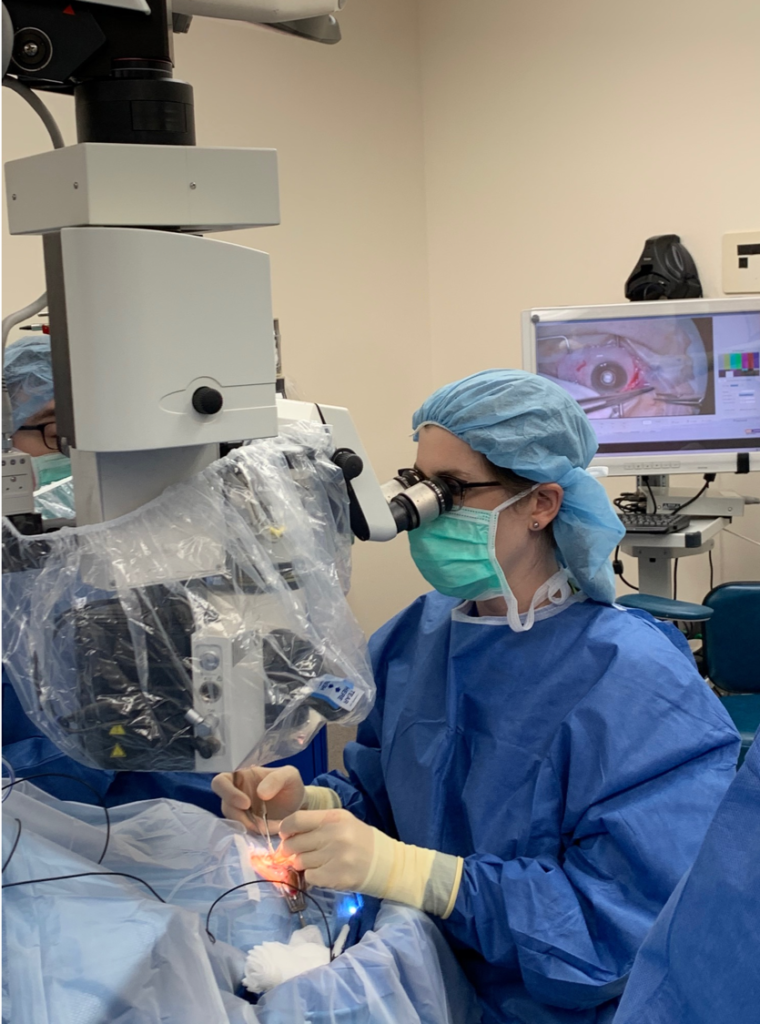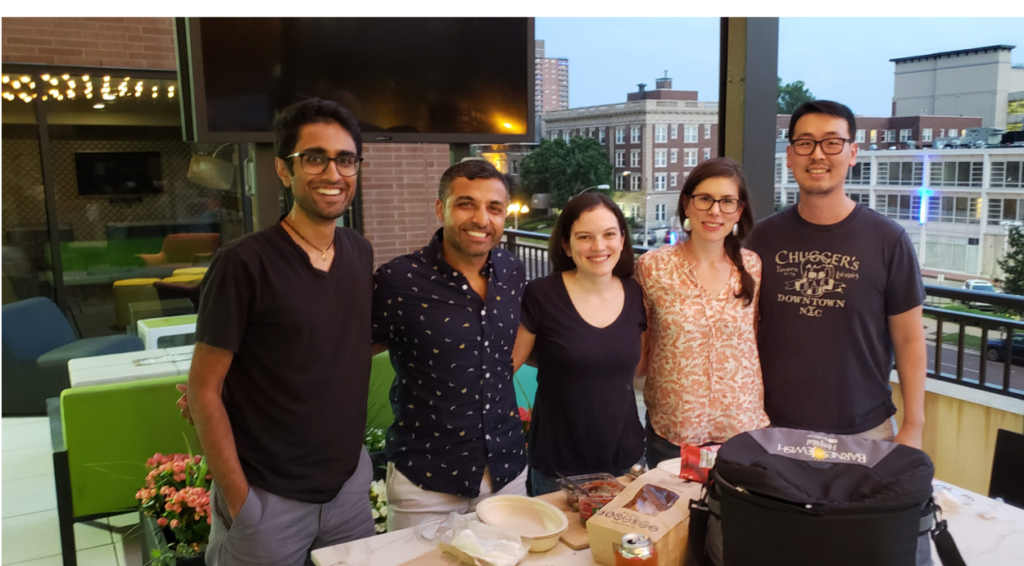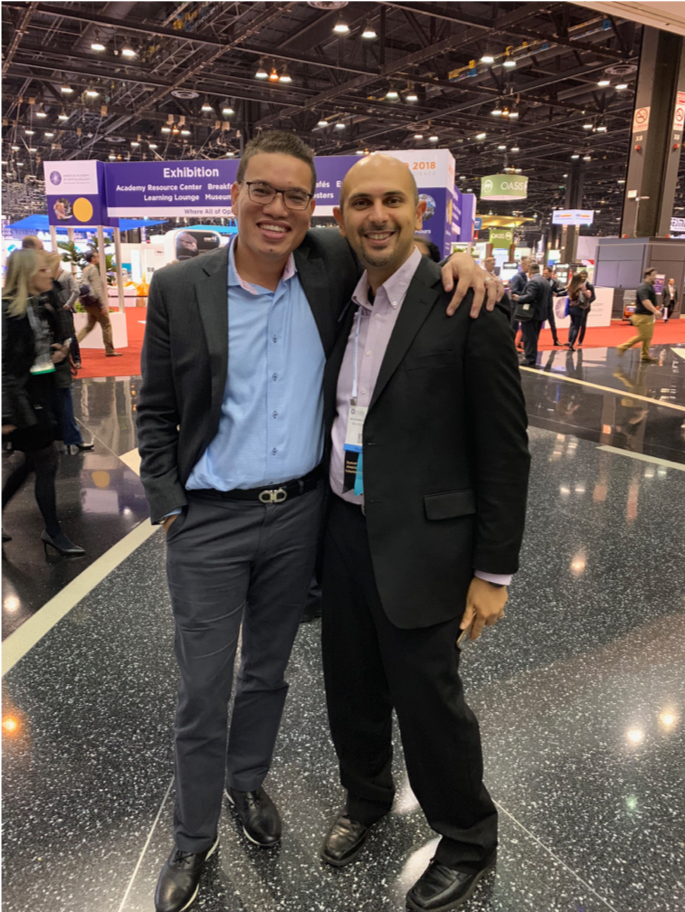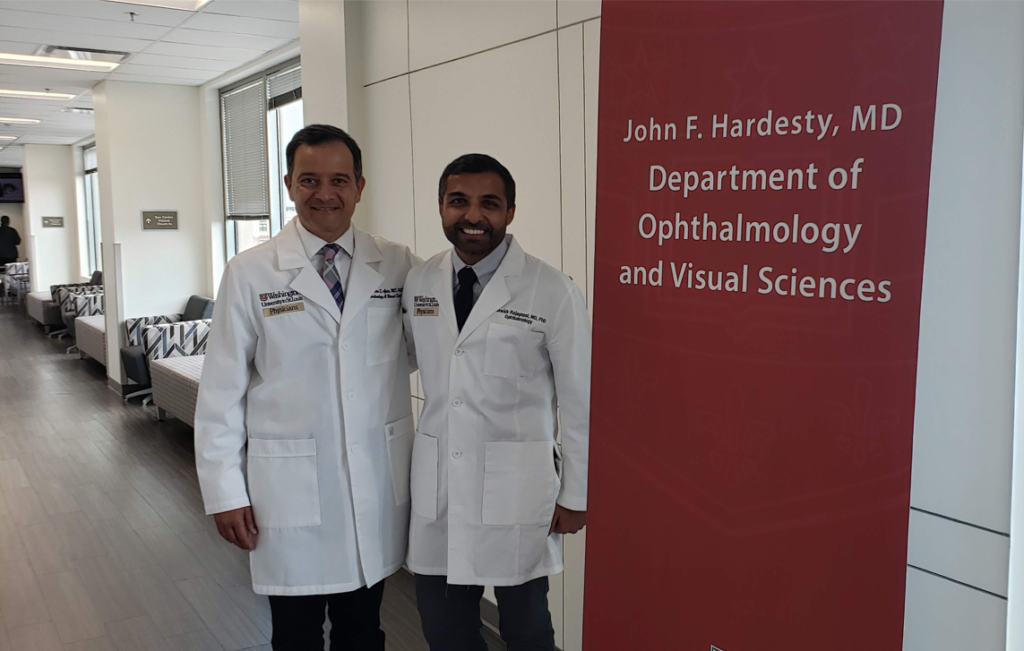
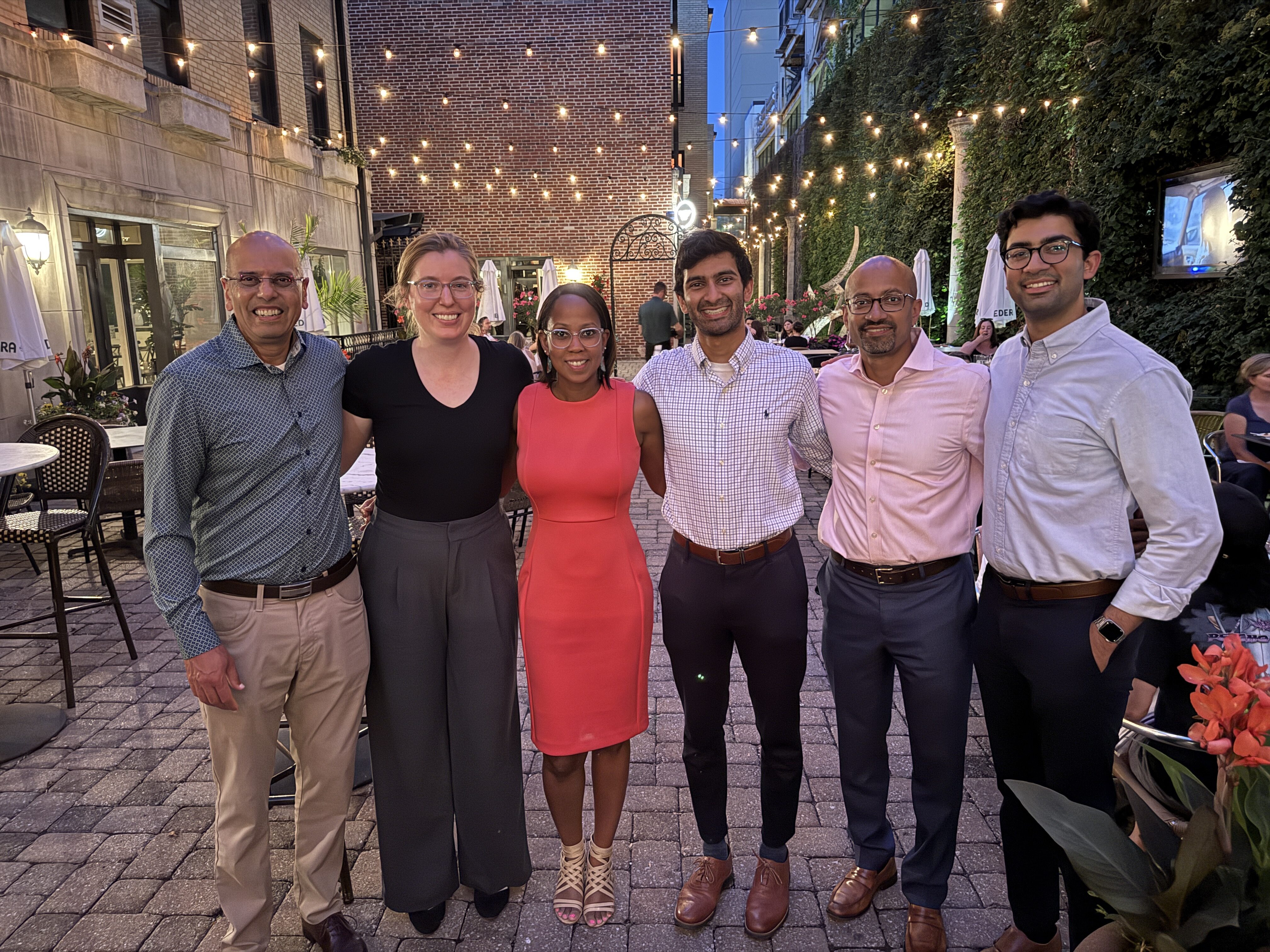
Program Description
This two-year fellowship program entails medical and surgical management of a broad range of vitreoretinal diseases. The training includes a heavy focus on complex retinal detachment repair, uveitis and vitreoretinal oncology. The program also offers ample opportunities for lens explantation and repositioning techniques. State-of-the-art facilities are present throughout the hospital, and will be at the fellow’s disposal.
This includes wide field angiography and autofluorescence imaging, high-speed indocyanine green angiography, and optical coherence tomogram angiography. The operating rooms are all equipped with high definition Leica microscopes and a variety of vitrectomy platforms (Alcon Constellation, Dutch Ophthalmics EVA, and Bausch and Lomb Stellaris). The program is AUPO Compliant.
*Our fellows are required to obtain a permanent Missouri state medical license which requires 3 years of continuous US clinical experience.
Director
Length of Fellowship
2 years
Number of positions per year
2
Starting Date
July 1
Application Deadline
August 30, 2025
Visit SFMatch.org to apply
Interview Dates
October 27, 2025
Stipend
Yes- PGY5/ PGY6 scale
WUSTL- Stipend Scale
Address (for supplemental Items)
WashU Medicine
Ophthalmology Fellowship & Residency Coordinator
Attn: Megan Ritterbusch
660 S. Euclid Ave.
MSC 8096-0029-9400
St. Louis, MO 63110
Tel: (314) 362-5722
Email: rmegan@wustl.edu
To complete your application,
please email medical school transcripts and CV to the Fellowship Coordinator.
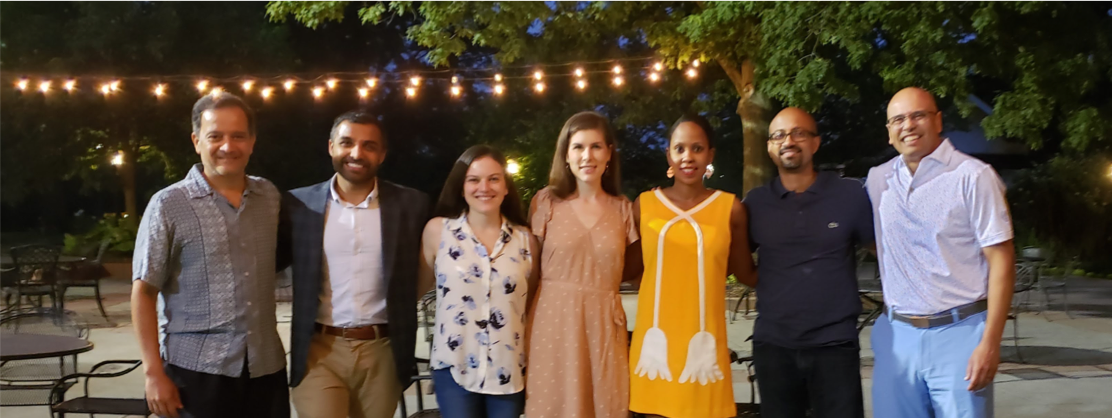
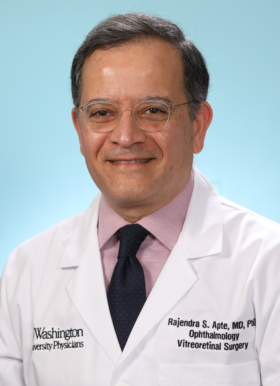
Rajendra S Apte, MD, PhD
Paul A. Cibis Distinguished Professor of Ophthalmology and Visual Sciences; Vice Chair of Innovation and International Affairs
- Email: apte@wustl.edu
- Retina
- Lab Website
- Research Profile
-

Aaron Y Lee, MD, MSCI
Arthur W. Stickle Distinguished Professor and Chairman, Ophthalmology and Visual Sciences
- Email: leeay@wustl.edu

Cecilia Lee, MD, MS
Jane Hardesty Poole Endowed Professor, Ophthalmology and Visual Science
- Email: cslee@wustl.edu
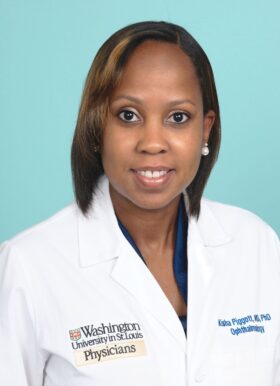
Kisha Piggott, MD, PhD
Associate Professor, Ophthalmology and Visual Sciences; Co-Director of the Residency Program
- Email: piggottk@wustl.edu
- Retina, Ocular Oncology

Rithwick Rajagopal, MD, PhD
Professor, Ophthalmology and Visual Sciences
- Email: rajagopalr@wustl.edu
- Retina
- Rajagopal Lab page
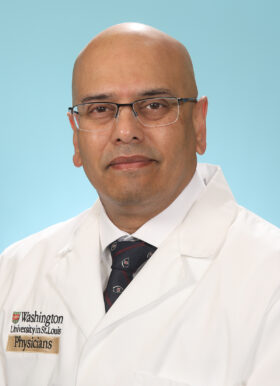
P. Kumar Rao, MD, MBA
Professor, Ophthalmology and Visual Sciences; Vice Chair for Clinical Affairs
- Retina, Uveitis, Ocular Oncology
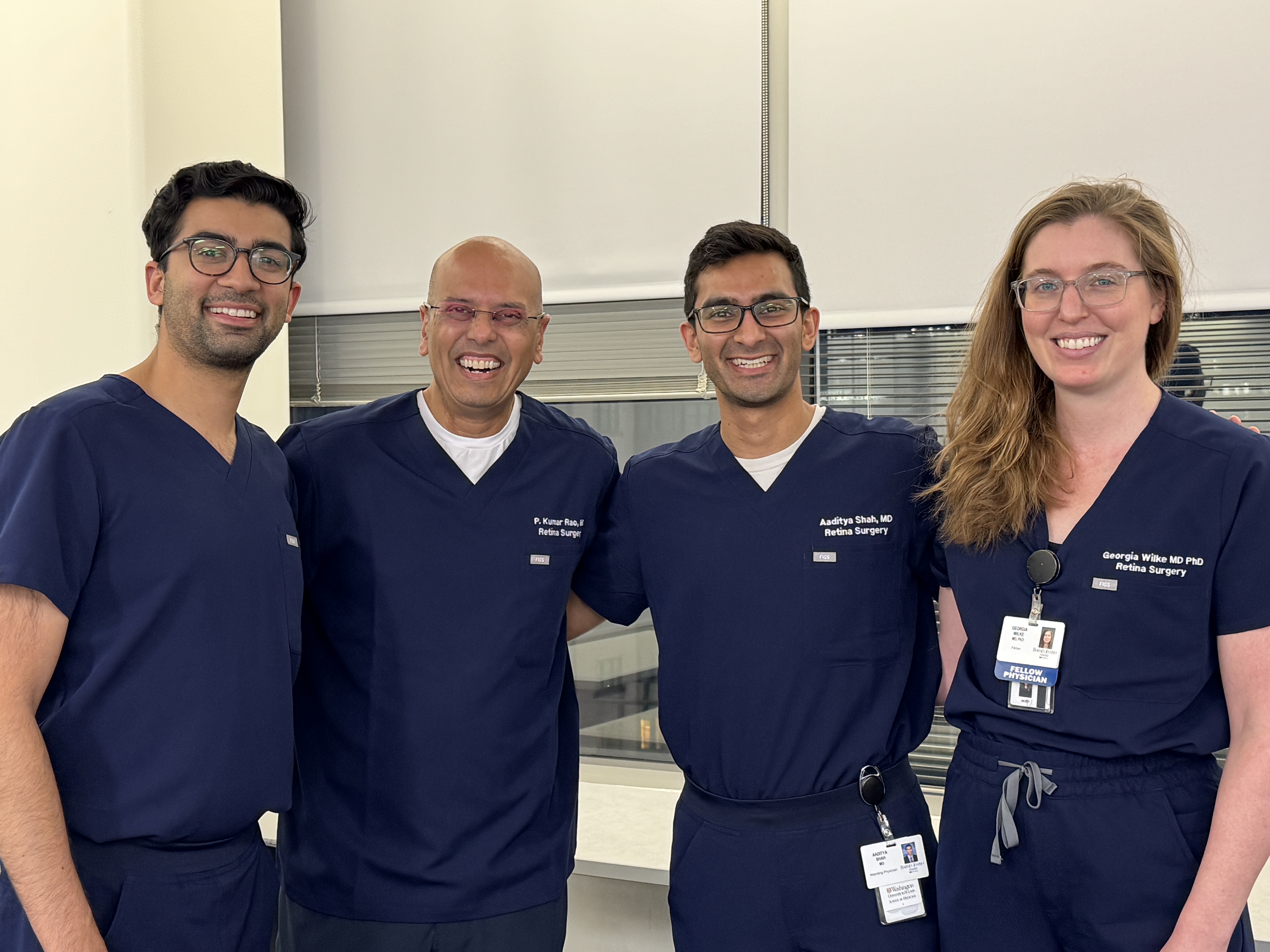

Clinical Duties:
- Primary Fellow Clinics: these clinics and patients are solely the responsibility of the fellow.
- UES – The University Eye Service is a resident and fellow run clinic staffed by attending physicians. This clinic is high in volume and wide in range of ocular pathology. The fellow is responsible for all vitreoretinal care, including uveitis cases, and can see patients independently when comfortable. Surgical cases can be performed independently after the fellow is deemed competent to do so. Complex retinal detachment cases – primary due to proliferative vitreoretinopathy, or diabetic tractional retinal detachments – are abundant in this clinic.
- VA – The VA hospital retina clinic is the fellow’s responsibility. The clinic has a high volume with significant injection, laser and surgical load. The clinic is fully-equipped for all laser and injection procedures. All surgical cases are performed at the main campus hospital. Surgical cases can be performed independently after the fellow is deemed competent to do so.
- Attending Clinics: The fellow is expected to be in the attending clinics when not performing other duties. Clinics are varied in regards to clinical volume and breadth of practice. The fellow will gain a tremendous amount of hands-on supervised experience in ocular ultrasound and other testing modalities will become highly proficient in the interpretation of these diagnostic technologies.
Additional duties and resources:
Fellows will attend Grand Rounds on a weekly basis and will present at Grand Rounds at least once during the year. There are numerous educational lectures and research conferences that the fellow may attend if interested. Journal club occurs several times a year and is mandatory. The fellow has the opportunity to participate in a board review course, and mock oral board review held on campus in the spring.
Surgical Diversity:
The fellow will perform retinal lasers and surgical procedures including intraocular injections (VEGF antagonists, bolus steroids – both intravitreous and sub Tenon’s, and long-acting steroid injectables – including dexamethasone implant and fluocinolone implant), focal laser, pan-retinal photocoagulation, laser retinopexy and cryopexy, pneumatic retinopexy, scleral buckling, pars plana vitrectomy, pars plana lensectomy, a multitude of macular procedures (including epiretinal and internal limiting membrane peeling, submacular injections, and even retino-choroidal biopsies), radioactive plaque placement, intraocular foreign body removal, and surgical implantation of drug reservoirs (including fluocinolone 0.59 mg intravitreous implant). Combined with anterior segment specialists at the University, fellows will also engage in cases requiring retrieval and explantation or re-suturing of dislocated intraocular lenses.
Unique aspects:
- We offer an ideal balance between autonomy and supervised training. When you graduate from this program, becoming solely responsible for patient care, you will be well-prepared to handle routine pathologies, rare clinical entities and the most challenging of surgical cases.
- The training involves many different patient populations – from the uninsured, to privately insured to the veteran population.
- Surgical preparation and teaching involves surgical video review of cases before and after procedures. The video recording equipment is high-definition and the fellow has the opportunity to build a video library for presentations and teaching.
- Regular case meetings are held with the fellow, resident on service, and faculty to review challenging diagnostic and therapeutic cases in a friendly setting.
- The fellow is highly involved in teaching the residents surgically and clinically. This is by far the best way to learn. A fellow who does not want to teach is not a good fit for the program.
- The Chief Resident system provides a dedicated consult and trauma attending and allows fellows to focus on their fellowship. This minimizes the load for all subspecialty fellows regarding call and consult staffing.
- There is minimal travel to clinical sites. In fact, many fellows and residents walk to work from the Central West End. The VA is less than 2 miles away from the main campus. Time is not wasted on commuting.



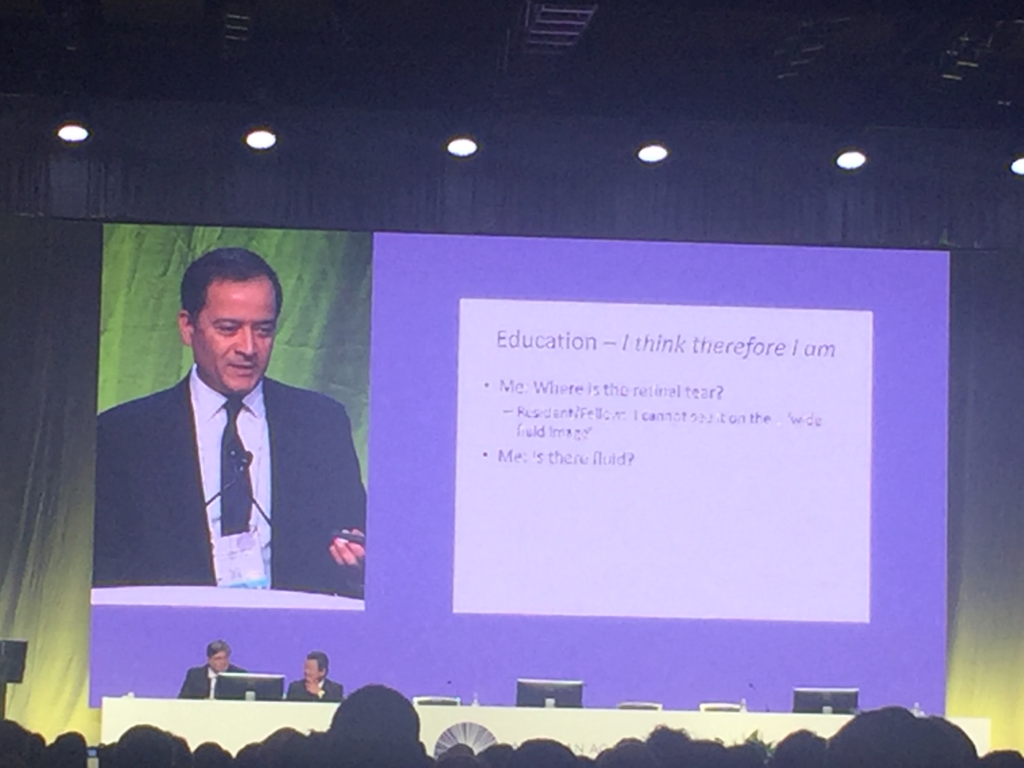
Research Overviews (We have numerous specific ongoing investigations, with new projects being added on a regular basis):
- Dr. Apte is an innovator in inflammation, angiogenesis and neuroretinal degeneration and is focused on uncovering novel approaches to the understanding of age-related macular degeneration. His efforts are focused on translating discovery to development. His research spans across numerous diverse projects and extends from the bench to the bedside.
- Dr. Aaron Lee has led the development of several widely adopted AI models in ophthalmology and serves as Principal Investigator of the NIH Bridge2AI AI-READI initiative. This project aims to build an ethically sourced dataset to advance AI research in diabetes and salutogenesis. His work bridges foundational advances in AI with real-world clinical applications to improve health outcomes.
- Dr. Cecilia Lee leads NIH-funded longitudinal studies, including Eye ACT, and serves as Program Director for the AI-READI project under the NIH Bridge2AI initiative. Her work focuses on population-based research, AI-driven analysis, and the development of non-invasive retinal biomarkers to advance early detection, prevention, and precision health in aging and chronic conditions such as Alzheimer’s disease and diabetes.
- Dr. Rao conducts a multitude of clinical trials, including the ongoing MUST uveitis trials. He also spearheaded the creation of a vitreous sample bio-bank and oversees the maintenance of this invaluable clinical resource.
- Dr. Rajagopal studies the unique hypothesis that diabetic retinopathy begins as a neurologic disease (as opposed to a purely microvascular disease) and conducts both basic and clinical research related to this idea.
- Dr. Piggott conducts several research projects that include the management and treatment of uveal melanoma.
Research Time:
A plethora of research projects are available for the fellow’s participation. The fellow is encouraged to submit a minimum of 1 publication.
Scientific Meetings:
The fellow is encouraged to attend at least 1 meeting with a scientific presentation.
Career Planning:
Prior fellows from our Department are practicing around the world. They hold chair and faculty positions at academic departments, leadership roles in ophthalmology, run efficient private practices, and are involved in medical consulting.
Alumni Testimonial 2015 Graduate
Segment 1- Why WashU
Segment 2- Fellow Training Settings
Segment 3- Fellow Autonomy
Segment 4- What Distinguishes WashU
Alumni Testimonial 2016 Graduate
Segment 1- Welcome to WashU
Segment 2- WashU Strengths
Segment 3- Uveitis
Segment 4- Why WashU
Alumni Testimonial 2018 Graduate
Segment 1- Why WashU
Segment 2- Strengths
Segment 3- Autonomy
Segment 4- WashU Culture

